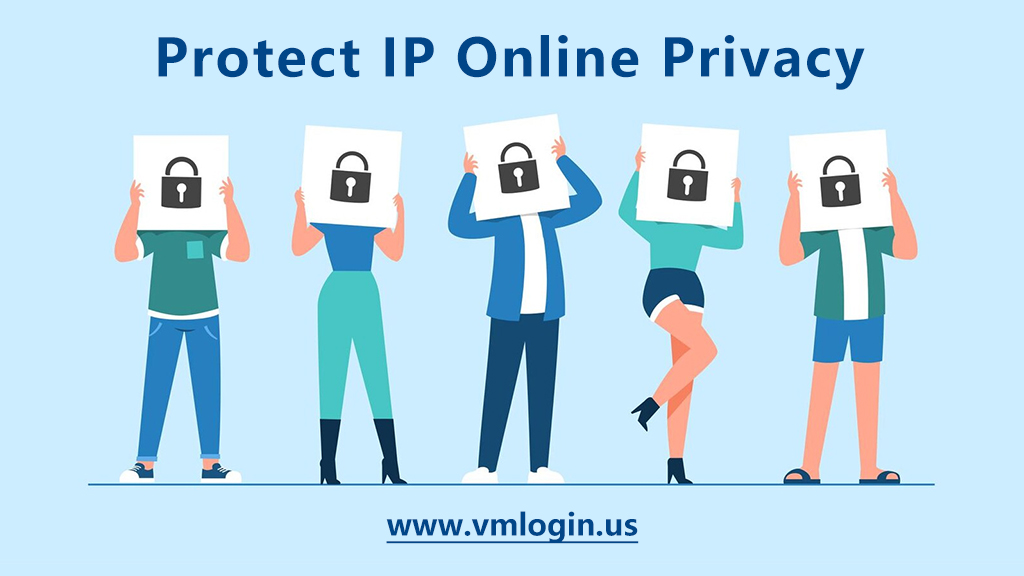In the digital age, we face increasing threats to our online IP privacy. Hackers, advertisers, and third-party organizations are trying to gain access to our personal information and browsing habits. Therefore, it is crucial to protect your online IP privacy. This article will introduce some simple but effective methods to help you protect your privacy.
1. Use an Anti-Detect Browser: VMLogin Anti-Detect Browser employs several technical means to interfere with the fingerprinting system and thus hide your true identity. This includes masking browser fingerprint signature information, spoofing IP address and geolocation, customizing computer name and MAC address, randomizing user profiles, and disabling some browser features. It creates a protective shield that automatically blocks security threats such as pop-ups, malicious links, hackers, and viruses. By far, using an anti-detect browser with a proxy is the most effective way to protect your IP privacy.
2. Use a proxy: Choosing a reliable proxy server is also an effective method. By using a proxy, your real IP address will be disguised as a real IP address anywhere in the world. Therefore, websites and platforms cannot detect your real IP address.
3. Change your IP address regularly: Changing your IP address periodically reduces the risk of being tracked and monitored. Most Internet Service Providers (ISPs) allow you to change your IP address and you can contact them for advice on how to do this. In addition, using a dynamic IP address rather than a static IP address can increase your level of privacy protection.
4. Enhance password security: Using strong passwords can protect your online accounts from hackers. Ensure your passwords contain letters, numbers, and special characters and are at least 8 characters long. Also, don’t reuse passwords. It’s best to use a password manager to help you manage your passwords securely.
5. Limit data sharing: Choose carefully with whom you share your data. When using social media and other online services, understand their privacy policies and choose to share only necessary information with trusted individuals and organizations. In addition, review and update your privacy settings regularly to ensure that only authorized people have access to your personal information.
6. Beware of clicks and downloads: Avoid clicking on suspicious links or downloading unverified files. These links and files may contain malware that can track your online activities and steal your personal information. Be vigilant and only click on links and download files from trusted sources.
In conclusion, protecting your online IP privacy is an important step in ensuring the security of your personal information. By using anti-detect browsers and proxies, changing your IP address regularly, strengthening password security, restricting data sharing, and being aware of clicks and downloads, you can increase your level of online privacy protection. Remember, privacy protection is an ongoing process and it is vital to stay updated and take preventative measures. Protecting your online IP privacy ensures your security and privacy in the online world.


